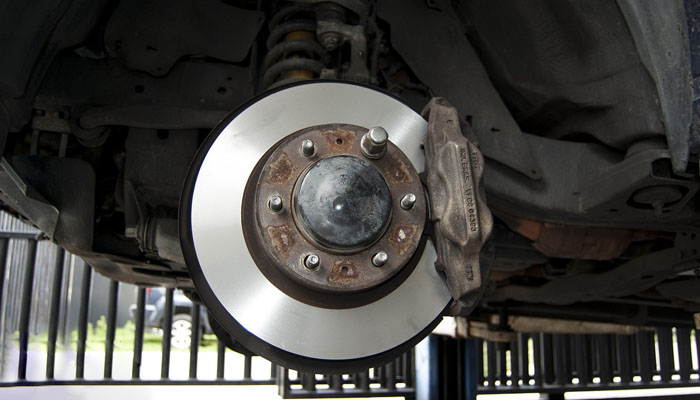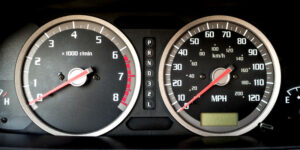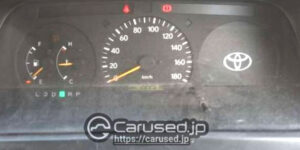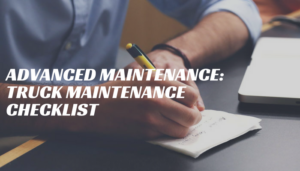There are some noises that can drive anyone crazy—from loud snoring and an inconsolable infant to nails on the chalkboard and squeaking car brakes. A lot of these dreadful sounds can be avoided. However, it is only natural to think that your noisy brakes are just something you have to endure on a daily basis.
Well, in this article, we will discuss some of the ways you can get rid of the annoying sound to keep your sanity. Whether you bought brand-new vehicles or used Japanese cars online, you will find some useful information from this blog post. Keep on reading to learn if it is time to get your brakes inspected.
Why Are my Brakes Squealing?
Before we proceed, you have to know that one way or another, your brakes will produce some sound. It is simply impossible to expect your brakes to be supremely silent or mute in all circumstances. However, you should not worry because a noisy brake can stop a vehicle as efficiently as a quiet one.
So, you might be wondering why your brakes are squeaking. Most brakes have two brake pads which squeeze a cast-iron disc in between them. Under normal circumstances, the pads, the disc, and the caliper they are mounted in will start to vibrate. Think of them as a violin’s string vibrating when they are stroked by the bow’s horsehairs. The pitch of the violin depends on how the violinist places their finger on the string—not how fast or hard the bow is stroked.
It is worth noting that a lot of brake squeals happen at a single discrete frequency. European vehicles, American automobiles, and even used Japanese cars online have squealing brakes. Most of them only generate an inaudible frequency. This means that vehicle’s speed and how hard you press down on the pedal will only change the noise’s volume. However, the pitch will stay the same because it is controlled by the mass and stiffness of the disc and pad.
Some brake systems are simply susceptible to such noise. However, this can typically be addressed by a regular mechanic. In most cases, you do not have to totally re-engineer the brake system. What you can do is try to dampen the noise or change the resonant frequency until it is no longer audible.
How to Get Rid of the Brake Squeals
As we’ve mentioned, you can dampen the noise. However, you do have the option to replace the components. The simplest solution to get rid of the brake squeals is to change your pads. New pads can be expensive depending on the compound you prefer. However, it is the best way to eliminate the conditions that cause squealing.
If you do not prefer changing the pads, you can opt to insert a Teflon shim between the caliper piston and the pad. However, do note that this might not work for every brake system. Some are simply designed without that margin of space. In that case, inserting a shim will only make the pad drag on the disc. So, this will only cause premature wear on the pads.
Another temporary workaround is to use brake anti-seize or grease to coat the pad. Doing this will buffer the frequency of the vibration. However, if you want a long-lasting solution, you can try moving the pad backing plate to the caliper piston or housing. Such modification will increase the mass of the piston and change its vibration frequency. This way, the squeal will become inaudible.
You can get the plate to stick for a long time by using the right adhesive. One of the best options is an anaerobic adhesive with gooey consistency. Once you press the plate against the housing/piston, the adhesive will stick effectively and even resist corrosion.



